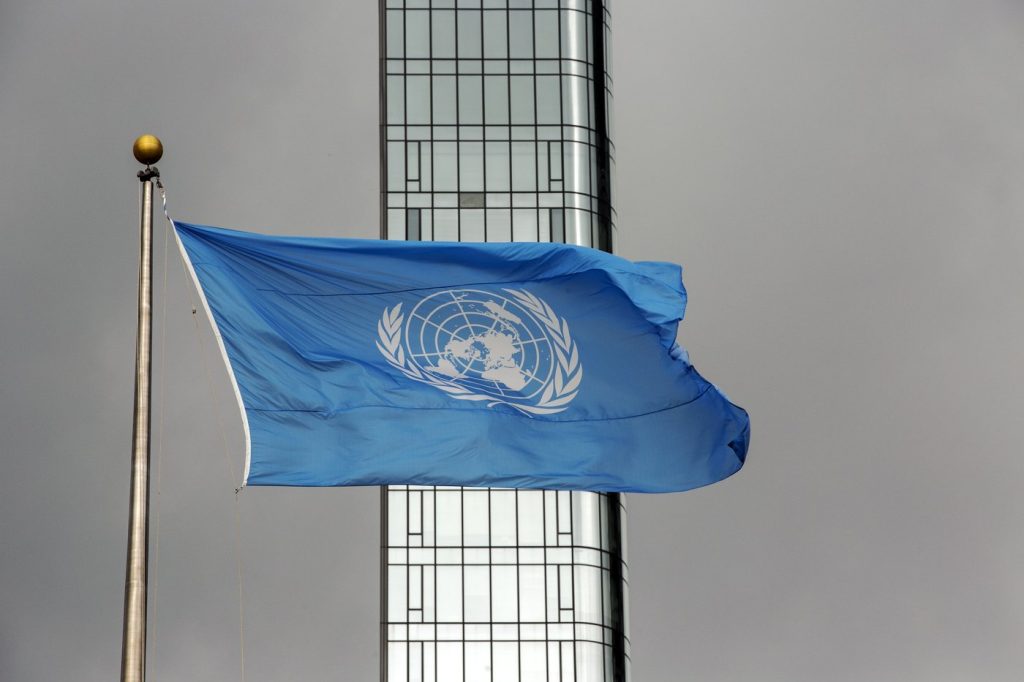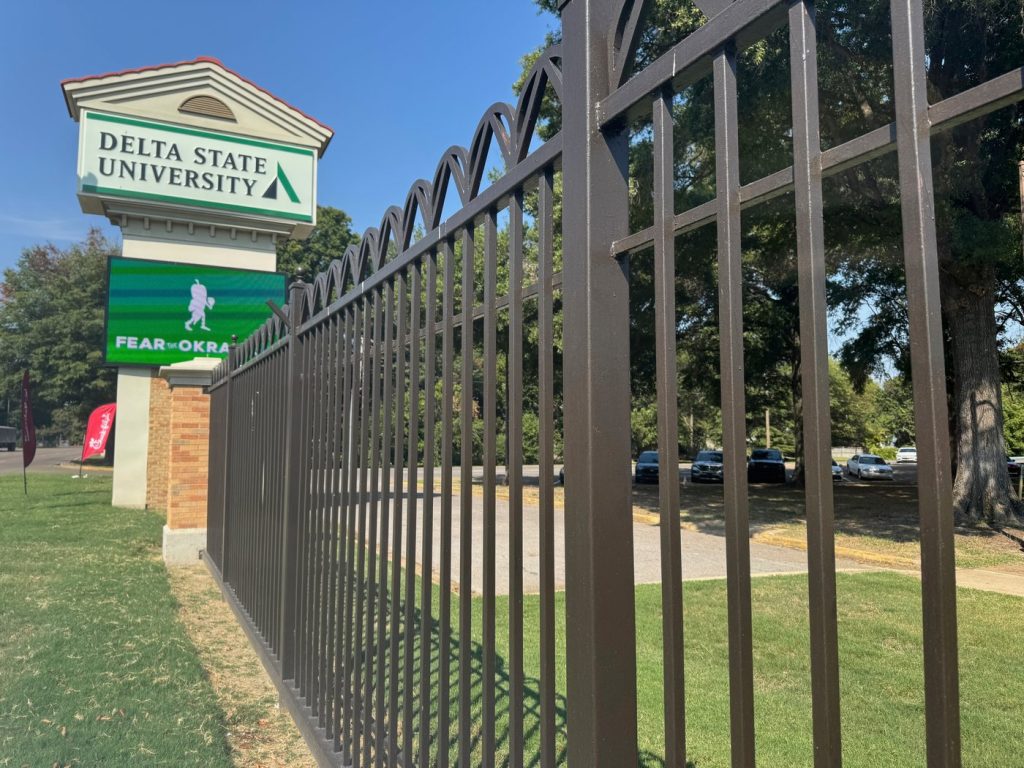UNITED NATIONS (AP) - The United States has once again exercised its veto power at the United Nations Security Council, obstructing a resolution that demanded an immediate and permanent ceasefire in Gaza and the release of hostages. The U.S. government stated that the resolution did not adequately condemn Hamas and thus warranted its veto.
The resolution saw overwhelming support from the other 14 members of the Security Council, which characterized the humanitarian situation in Gaza as "catastrophic." It also urged Israel to remove all restrictions on aid delivery to the 2.1 million Palestinians residing in the region.
Morgan Ortagus, a senior U.S. policy adviser, expressed pre-vote skepticism about the resolution, stating, "It fails to condemn Hamas or recognize Israel's right to defend itself, and it wrongly legitimizes the false narratives benefiting Hamas." Ortagus noted that other council members had ignored U.S. warnings about the language used in the resolution, criticizing it as "performative action designed to draw a veto."
The outcome of this vote further underscores the isolation of the U.S. and Israel on the global stage amid ongoing conflict in Gaza, which has been escalating for nearly two years. This vote occurred just days ahead of the U.N. General Assembly gathering, where the situation in Gaza is expected to dominate discussions. Many U.S. allies are anticipated to recognize an independent Palestinian state, a move vehemently opposed by both Israel and the U.S.
The proposed resolution, crafted by ten elected members of the Security Council, emphasized the "deepening of suffering" among Palestinian civilians and made a direct link between a ceasefire and the release of hostages taken by Hamas during the surprise attack on Israel on October 7, 2023, which initiated the ongoing war.
Riyad Mansour, the Palestinian ambassador to the U.N., articulated the anger and disappointment felt by the Palestinian populace, expressing his hopes for essential support from the Security Council. He lamented the failure of this resolution to offer the needed assistance to alleviate the suffering of his people. Algeria, one of the leaders behind the draft resolution, echoed this sentiment, apologizing to Palestinians for the lack of effective action to protect civilian lives.
Despite the resolution's failure to pass, Algerian U.N. ambassador Amar Bendjama commended the other voting members, declaring, "14 courageous members of this Security Council raised their voice, acting with conscience for the cause of international public opinion." Pakistan's ambassador described the vote as a "dark moment" for the Security Council.
In contrast, Danny Danon, Israel's ambassador to the U.N., criticized the resolution, stating that it failed to ensure the release of hostages and would not bolster security in the region. He reaffirmed Israel's determination to combat Hamas and safeguard its citizens, regardless of the Security Council's stance on terrorism.
The resolution reiterated previous calls for the unconditional release of all hostages held by Hamas, reflecting ongoing U.S. concerns that demands for a ceasefire would only strengthen Hamas's position. This message was further emphasized by a recent report indicating that Gaza City is facing famine, putting immense pressure on humanitarian conditions without urgent action to lift restrictions.
The Israeli military's renewed ground offensive in Gaza City threatens to further complicate prospects for a ceasefire. The military aims to dismantle Hamas's military infrastructure and has not provided a specific timeline for the operation, which appears poised to persist for months.
On the day of the veto, independent experts from the U.N. Human Rights Council released a report asserting that Israel is committing genocide in Gaza, urging the international community to intervene and hold those responsible accountable. Additionally, the U.N. General Assembly recently voted in favor of supporting a two-state solution to the Israeli-Palestinian conflict, urging Israel to commit to recognizing a Palestinian state.
Public sentiment in the U.S. appears to reflect division on the issue, with surveys indicating that around half of Americans believe Israel's military response has been excessive. However, the same polls show a decline in priority for negotiating a ceasefire among Americans, particularly among Republicans, compared to earlier months when ceasefire talks were more actively pursued.












